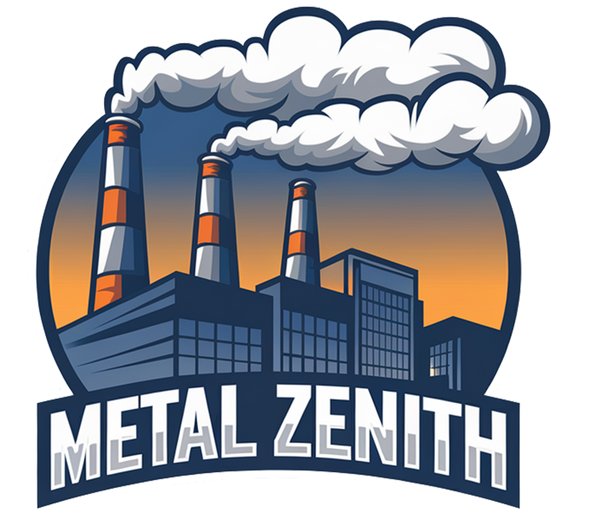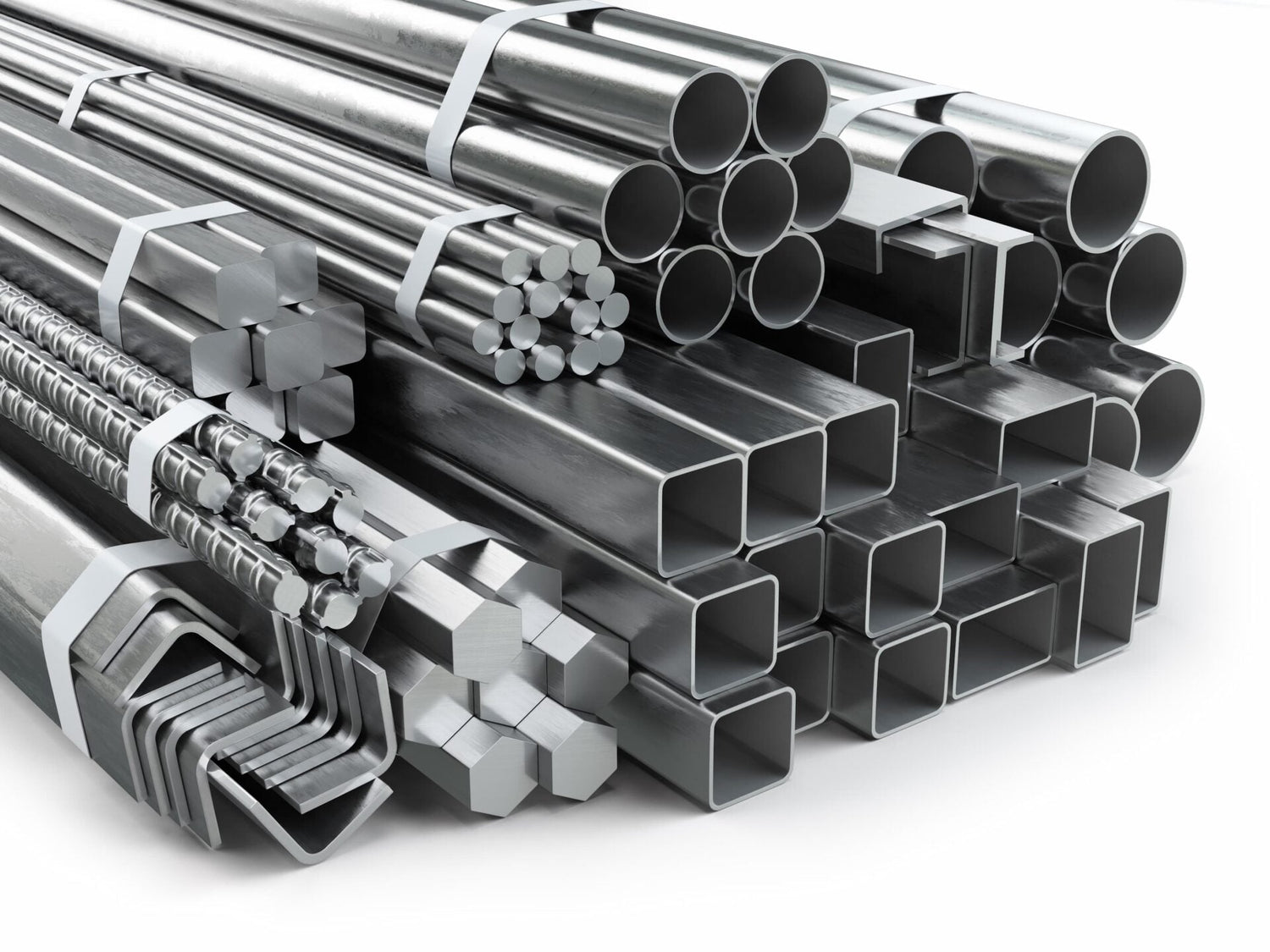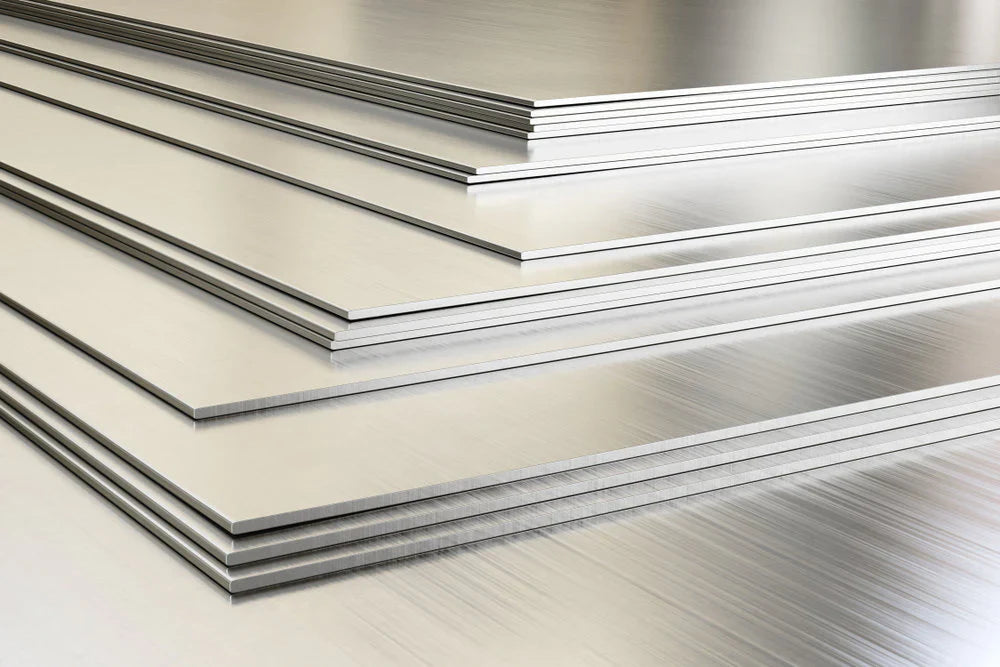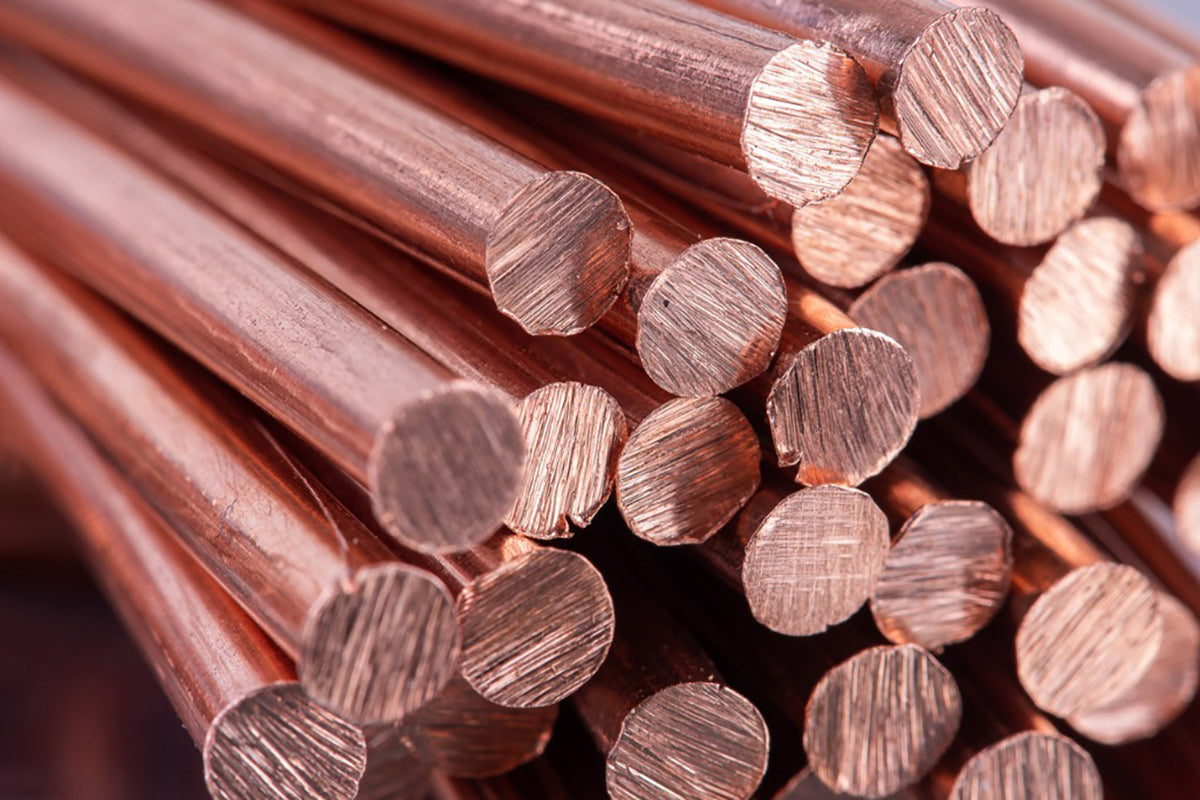مجموعة: الفولاذ الكربوني
الفولاذ الكربوني - العمود الفقري للصناعة الحديثة
يمثل الفولاذ الكربوني أكثر عائلات الفولاذ استخدامًا، حيث يقدم توازنًا مثاليًا بين القوة، وقابلية التشغيل، والجدوى الاقتصادية للعديد من التطبيقات الصناعية. في MetalZenith، توفر منتجاتنا من الفولاذ الكربوني أداءً موثوقًا من خلال التحكم الدقيق في الكيمياء وخصائص ميكانيكية متسقة يعتمد عليها المهندسون والمصنعون.
فهم الفولاذ الكربوني
يستمد الفولاذ الكربوني خصائصه بشكل أساسي من محتوى الكربون، الذي يتراوح عادةً بين 0.05% إلى 2.0%. يؤثر مستوى الكربون بشكل مباشر على خصائص الصلابة، والقوة، والليونة. يوفر محتوى الكربون المنخفض قابلية تشكيل ممتازة وقابلية للحام، بينما توفر مستويات الكربون الأعلى قوة متزايدة ومقاومة للتآكل من خلال المعالجة الحرارية.
تصنيفات محتوى الكربون
الفولاذ الكربوني المنخفض (0.05-0.30% كربون) يوفر ليونة وقابلية للحام ممتازة، مما يجعله مثاليًا لأعمال الصفائح المعدنية، والتطبيقات الهيكلية، والتصنيع العام. تقدم هذه الدرجات قابلية تشكيل متفوقة لعمليات السحب العميق، والانحناء، والتشكيل المعقد مع الحفاظ على خصائص قوة جيدة.
الفولاذ الكربوني المتوسط (0.30-0.60% كربون) يحقق توازنًا بين القوة والليونة، ويستجيب جيدًا للمعالجة الحرارية لتحسين الخصائص الميكانيكية. تُستخدم هذه الدرجات عادةً لمكونات الآلات، وأجزاء السيارات، والتطبيقات التي تتطلب قوة معتدلة مع متانة جيدة.
الفولاذ الكربوني العالي (0.60-2.0% كربون) يوفر أقصى صلابة ومقاومة للتآكل عند معالجته حراريًا بشكل صحيح. تتفوق هذه الدرجات في أدوات القطع، والنوابض، والتطبيقات المقاومة للتآكل حيث تكون الصلابة واحتفاظ الحواف عوامل أداء حاسمة.
الخصائص الميكانيكية والأداء
يمكن تعزيز الخصائص الميكانيكية للفولاذ الكربوني بشكل كبير من خلال عمليات المعالجة الحرارية. يوفر التلدين أقصى ليونة لعمليات التشكيل، بينما يعمل التطبيع على تحسين بنية الحبيبات لزيادة المتانة، وتطوير قوة وخصائص صلابة مثلى للتطبيقات المحددة من خلال التبريد يليه التخمير.
تجعل العلاقة القابلة للتنبؤ بين محتوى الكربون والخصائص الفولاذ الكربوني متعدد الاستخدامات للغاية للتطبيقات الهندسية. تتراوح قوة الخضوع من 30,000 PSI في الدرجات المنخفضة الكربون إلى أكثر من 200,000 PSI في الفولاذ الكربوني العالي المعالج حراريًا، مما يوفر خيارات تقريبًا لأي متطلبات قوة.
التطبيقات عبر الصناعات
يعمل الفولاذ الكربوني كمواد أساسية لإطارات البناء، حيث توفر درجات مثل A36 و A572 أداءً هيكليًا موثوقًا. في التطبيقات السيارات، تدعم مستويات الكربون المختلفة كل شيء من الألواح الهيكلية إلى مكونات نظام الدفع. تعتمد الصناعات التصنيعية على الفولاذ الكربوني لإطارات الآلات، وأوعية الضغط، وأنابيب النقل، والعديد من المكونات المصنعة.
الجودة والاتساق
تحافظ MetalZenith على معايير جودة صارمة لضمان كيمياء وخصائص ميكانيكية متسقة عبر جميع منتجات الفولاذ الكربوني. تتحقق بروتوكولات الاختبار الشاملة لدينا من قوة الشد، وقوة الخضوع، والتمدد، وخصائص الصلابة لتلبية أو تجاوز مواصفات الصناعة ومتطلبات العملاء.
تساعدك خبرتنا في الفولاذ الكربوني على اختيار الدرجة المثلى لمتطلبات تطبيقك المحددة، مع مراعاة عوامل مثل احتياجات القوة، ومتطلبات التشكيل، وقابلية اللحام، واعتبارات التكلفة لتعظيم القيمة والأداء في مشاريعك.














